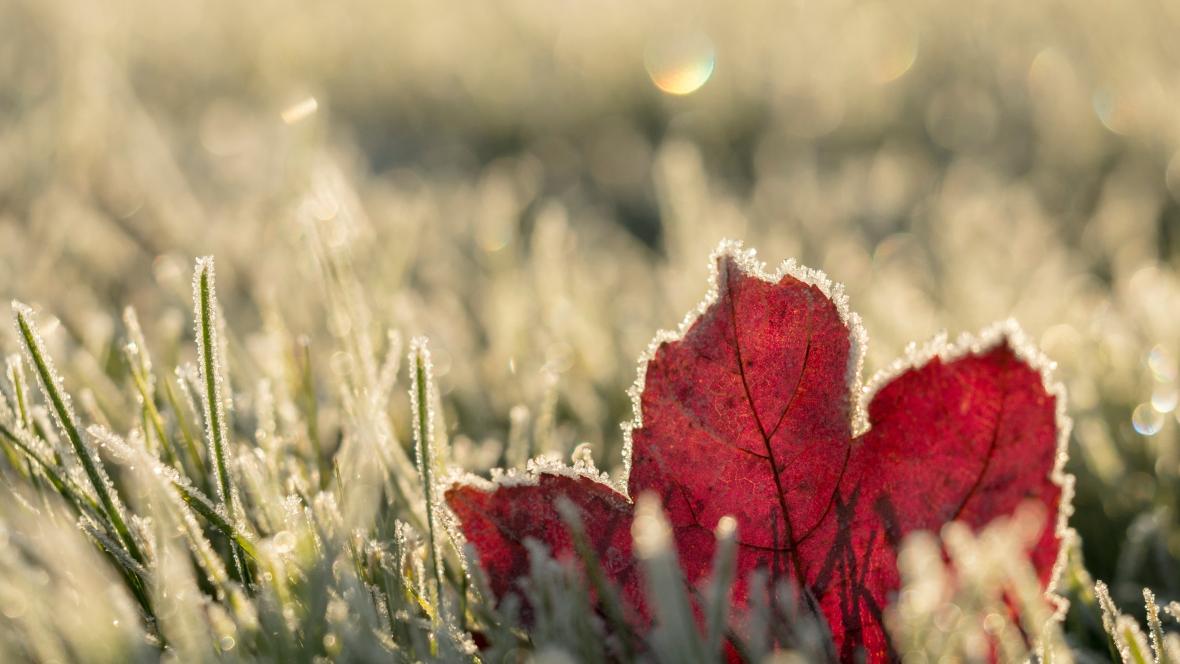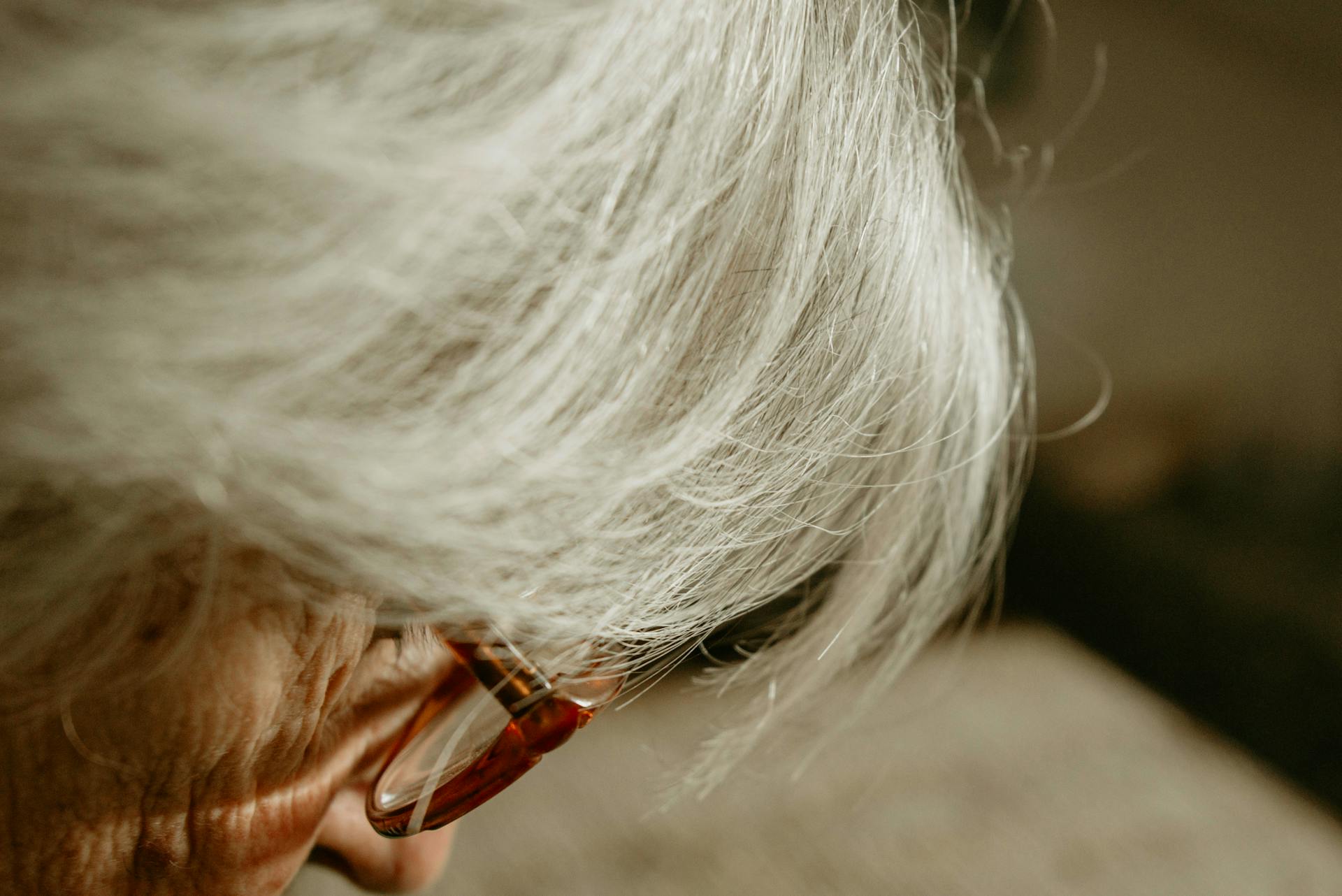Surviving Christmas and Blue Monday: sadness, loneliness and new goals

We are still hungover from festivities and overeating, from the "roscón" and "turrones", but above all from emotions. Christmas is a season full of meanings and memories, even apart from religion, which for each person and for each family means something completely different. If for those who are religious it is a reference point (the commemoration of the birth of the baby Jesus in Bethlehem), it is no less important for those who are not practising or even believers. I have met practising Muslims celebrating Christmas (not in their homes of origin, but when invited to dinner with friends) and families of two faiths celebrating Christmas and Hannukah. It is a common stage because, although we may have different beginnings of the year (the Chinese year or the Jewish year does not start on 1 January, but the Chinese New Year is guided by the lunar calendar and the Rosh Hashana holiday is in September) we understand that a cycle closes, in a way. A very short cycle, but one that makes us reflect on everything we have experienced that year.
Every family, every person even, tends to repeat behaviours from years gone by or to try to emulate certain emotions, smells, tastes and sounds. Even the least superstitious person eats grapes on the 31st, as they did as a child or as their parents did. It is not so much the "peak" dates (the 24th, the 25th, the 31st or Twelfth Night) but everything that goes with it. If we think about it, it is somewhat surprising; at this time of year we try to see those friends with whom we haven't shared a table for a year (since last year's Christmas dinner). We buy presents and try to celebrate, even if we feel no reason to. We go on our particular routes, repeated year after year (to the city's Plaza Mayor, for example, to buy moss for the Nativity Scene that we will be so lazy to remove on the 7th), as thousands of other families do. We homogenise ourselves, because we are expected to follow a series of behaviours. As the song by Mecano said, referring to the chimes of 31 December, "between laughter and whistles, we Spaniards do something at the same time for once".
For those of you who are not familiar with this tradition, in Spain on 31 December we eat the 12 grapes at the stroke of midnight, after a copious dinner with family or loved ones (the former and the latter do not always coincide, of course). In Madrid the most daring take them in the Puerta del Sol, and in different parts of Spain that same evening (before dinner, grapes and possible Karaokes in the early hours of the new year) the San Silvestre is run. The most popular in Spain is the San Silvestre Vallecana, which has two editions, the San Silvestre Popular and the San Silvestre Internacional. It is called San Silvestre because on 31 December it celebrates the patron saint of the last day of the year, Saint Sylvester, who was Pope of the Catholic Church between 314 and his death in 335, although it is not necessary to know anything about this to be able to run the 10 kilometres that this race covers.
Christmas, as I said, is a time of strange customs (some of them almost healthy; we run and eat fruit, even if it's just grapes and the frosting on the roscón) and of crowds. And of complaining a lot, let's not kid ourselves.
But Christmas is also a time for reflection; the year comes to a close and we tend to evaluate what has happened and even plan what will happen in the next 12 months. And we do so to the sound of catchy ditties and Christmas movies that extol the beauty of humans and in which always someone very sad with a suffocating job finds love in Vermont. The context is just right for thinking that everyone is happier and has better family relationships than we do, but even that bad-tempered lady has found the love of her life in Vermont! Then January comes and we wonder why we feel sad, down and why our house has no fireplace.
At the end of the year, as if movies, songs and finding the perfect gift (oh, white capitalism) weren't enough, we push ourselves to think of new projects, set goals (writing my posts on time, for example) that won't necessarily make us happier and sometimes stress us out, but also help us with a certain drive. New year, new life. We also take stock of the good and the bad, and sometimes the bad carries a lot of weight. Perhaps we see that we have not met the goals of the previous year (I wanted to lose 3 kilos; now I am only 5 kilos short) and that we are not necessarily better off than we were just a year ago. We remember it perfectly well because we were doing exactly the same thing: evaluating our life from a fixed point, looking at material or memorable milestones. And that is, in reality, not very fair to ourselves.
It is also a time when we miss those who are no longer with us. Perhaps because of the customs we can no longer share, because it is on those days when year after year we shared space around the same table, took stock of the year together, or exchanged gifts. Christmas was more real because there was that person's laughter. We miss these people almost every day, or often, but at Christmas it seems that this missing seems to become more acute. At least, it does for me.
Christmas, moreover, is a time not only of great stress (buying presents, wrapping them, cooking, following different schedules and routines, seeing people we don't see during the rest of the year, and doing it all with a not always authentic feeling of happiness) but also of great social pressure and in which loneliness can terrify us in an extreme way. Woe betide anyone who says they dine alone on Christmas Eve... Even if they dine alone every night of the year. The exaltation of happiness, of company, sometimes forces us to pretend to be what and who we are not. And is it strange to feel sad in January? We have put our emotions on the table, we have shared space with those we don't usually do, we have added pressures for that unattainable "having a great time" and we have evaluated ourselves with very hard eyes. And then we have to hit the ground running, again, because the year begins and we want to keep all those resolutions we didn't keep last year. A British professor calculated a few years ago that the third Monday in January was the saddest day of the year, which is why they call it "blue Monday". In addition to the reasons I have already mentioned, there are the January slope, the lack of motivation, the cold, among others. How much are we going to allow this "sad Monday" to affect us? How much are we going to "whip ourselves" for our unfulfilled resolutions?
Let us be more benevolent on this occasion. Let's give ourselves a little leeway and a lot of peace and patience. There are still 12 months left in this new year to get a lot done, although we will probably mess up on more than one occasion. We can even decide when our year begins and ends, so that we can start with less pressure when we need to, and so that we can spread that love we reserved for Christmas over the rest of the year. Let's be better this year, but also with ourselves.


